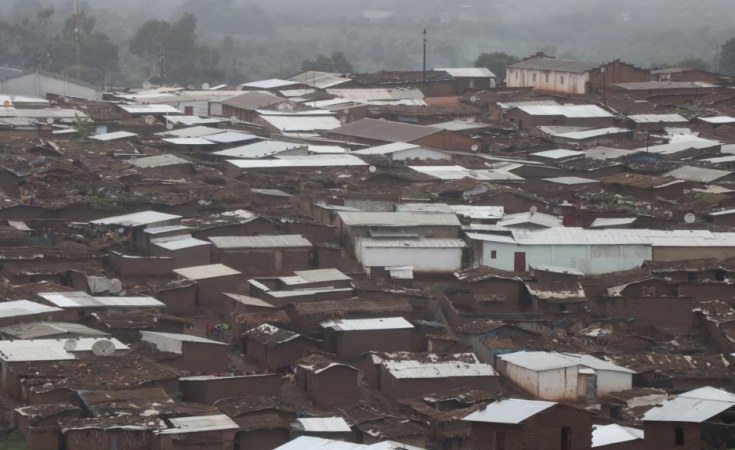Blantyre, Malawi — In Malawi, hundreds of people who were forcibly relocated to the country's only refugee camp are complaining of poor conditions with no food, clean water or shelter. The U.N.'s refugee agency and the World Food Program say they cannot cater to the needs of those at the highly congested camp because of funding shortfalls.
Malawi's government recently started to forcefully relocate about 8,000 refugees or asylum seekers who were residing in areas outside the Dzaleka refugee camp.
The action followed the expiration of an April 15 deadline the government had given refugees to move to the camp.
Officials say the refugees are violating a government policy that requires them to live within the boundaries of the camp.
More than 1,000 refugees have so far relocated to the camp, where they have complained of dehumanizing conditions.
Robert Habimana, a refugee from Rwanda, left Dzaleka in 2008. He moved to the capital, Lilongwe, where he was running a restaurant business.
Habimana told VOA on Monday that he and his family of five children have not eaten since they were transferred to the camp on Friday evening.
"We have nothing; we have no food," Habimana said. "We have no kitchen utensils; we are just suffering. Many people left their things."
Sabina Goma, a refugee from the Democratic Republic of Congo, said police are preventing refugees from collecting items they left behind when they were put into police vehicles during the roundup.
She said refugees are sleeping in the open without blankets and children are not going to school. Police are not allowing refugees to return to their places to collect their possessions, she said, even with authorization from camp officials. She spoke of roadblocks and described the situation as if officials "just dumped us here like waste in a bin."
Harry Namwaza, deputy police spokesperson for the Malawi Police Service, said the roadblocks are just some of the strategies police are using to prevent newly relocated refugees from escaping the camp.
"We have reports which we are investigating that some of these people are even returning to operate their previous businesses which is against the law," he said. "So they may claim that they want to get essentials, yet they just want to go back just to be operating their business. So, that is why we have put up some of these sporadic roadblocks just to check who is going out and for what purpose."
Namwaza said police will soon start returning containers of property they seized from the refugees.
The United Nations' refugee agency, UNHCR, said Dzaleka camp is severely overcrowded. The camp was designed to accommodate about 12,000 people but now is home to over 50,000 refugees from the DRC, Burundi, Rwanda, Ethiopia and Somalia. Many have escaped war and internal conflicts in their respective countries.
The agency said further congestion could lead to disease outbreaks.
The country director for the World Food Program in Malawi, Paul Turnbull, told VOA that the overcrowding will expose camp residents to hunger.
"The relocation of refugees and asylum-seekers to Dzaleka is likely to increase the numbers of people requiring food assistance at the camp," Turnbull said. "WFP is already having to distribute reduced rations due to funding shortfalls. In the current context, ensuring the continuation of assistance to refugees and asylum seekers in the camp is critical."
Some international and local rights campaigners, including the Center for Human Rights and Rehabilitation, have asked Malawi to halt the relocations, saying it is causing unnecessary suffering to the refugees and their children.
The Malawian government has refused to budge, saying it gave refugees enough time to relocate to the camp voluntarily.
The camp was meant to accommodate 10,000 to 12,000 refugees but now is home to more than 50,000.


